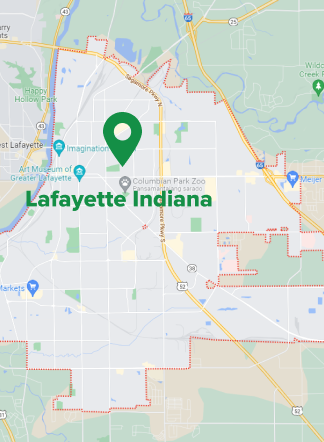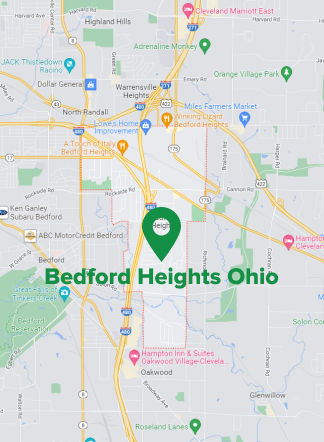Your lawn won’t turn beautiful on its own! That’s why you need to the professionals at Mr.B's to take over for you.
 Rated 4.7/5 out of 124+ customer reviews
Rated 4.7/5 out of 124+ customer reviews

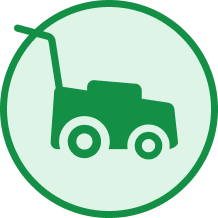

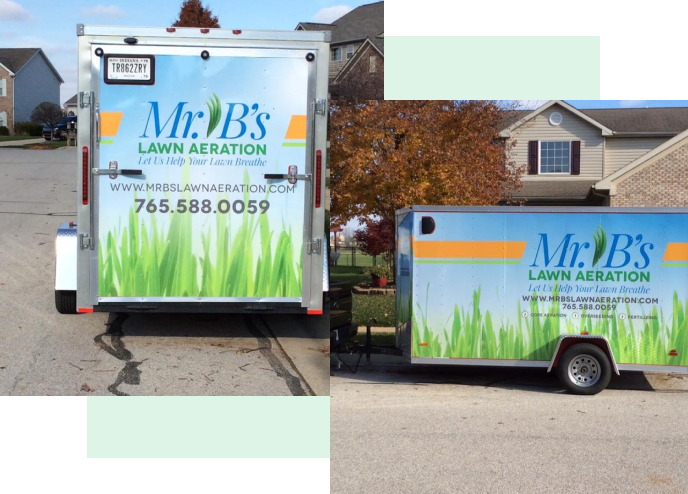





 Rated 4.7/5 out of 124+ customer reviews
Rated 4.7/5 out of 124+ customer reviews

Emmy Hansen

Gerald hairston

James Cromer

Lee Sweet

Philip Rifner

Harley Brown

Greg Holdman
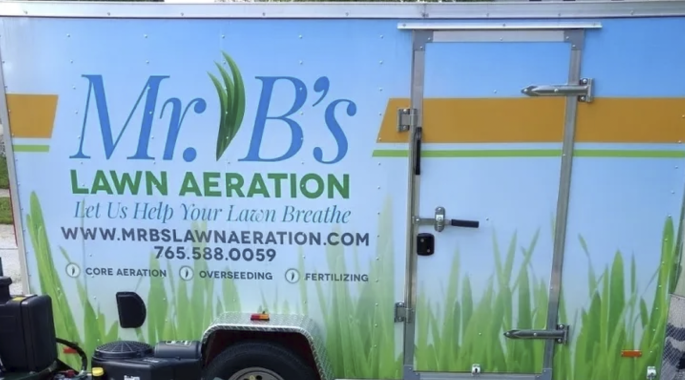
If there is a lot of rain or if you fertilize heavily, you’ll want to mow every 4 days to keep your grass from getting too long. However, when the weather is hot and generally dry, you’ll be safe to mow either every 5 or 6 days.
For the healthiest and most sustainable approach, 3.5 to 4 inches is most desirable. Lawns mowed at 3.5 or 4 inches out-compete weeds, tolerate grubs and look just as good as lawns mowed at 2.5 inches.
Most lawns need 1 to 1.5 inches of water per week—either from rain or watering—to soak the soil that deeply. That amount of water can either be applied during a single watering or divided into two waterings during the week.
Watering in the morning (before 10 a.m.) is the best time for your lawn; it’s cooler and winds tend to be calmer so water can soak into the soil and be absorbed by the grass roots before it can evaporate.
Cool-season grasses, including Kentucky bluegrass, tall fescue, fine fescue, and perennial ryegrass, fare better in areas of the country with temperate summers and chilly winters. This type of grass is dormant during the winter and grows during the fall and spring. It’s recommended that you plant your cool-season grass seed in late spring or early fall before temperatures dip below freezing.
Controlling weeds may involve a wide range of techniques. Nevertheless, virtually all weed control methods may be classified into one or more of five main categories. The 5 general categories of weed control are:
Preventative Weed Control
Cultural Weed Control
Mechanical Weed Control
Biological Weed Control
Chemical Weed Control
Definitions and Examples
Preventative Weed Control
Preventative weed control refers to any control method that aims to prevent weeds from being established in a cultivated crop, a pasture, or a greenhouse. Examples of preventative weed control would be using certified weed free seed, only transporting hay that is weed free, making sure farm equipment is cleaned before moving from one location to another, and screening irrigation water to prevent weed seeds from traveling along irrigation ditches.
Cultural
Cultural weed control refers to any technique that involves maintaining field conditions such that weeds are less likely to become established and/or increase in number. Examples of cultural weed control would be crop rotation, avoiding overgrazing of pastures or rangeland, using well-adapted competitive forage species, and maintaining good soil fertility.
Mechanical
Mechanical weed control refers to any technique that involves the use of farm equipment to control weeds. The two mechanical control techniques most often used are tillage and mowing.
Biological
Biological weed control refers to any technique that involves the use of natural enemies of weed plants to control the germination of weed seeds or the spread of established plants. This is a rapidly expanding area of weed control with many examples. Examples of biological weed control include sheep to control tansy ragwort or leafy spurge, cinnabar moth and the tansy flea beetle to control tansy ragwort, the chrysolira beetle to control St. John’s Wort, and the use of goats to control brush on rangeland.
Chemical
Chemical weed control refers to any technique that involves the application of a chemical (herbicide) to weeds or soil to control the germination or growth of the weed species. In economic terms, chemical control of weeds is a very large industry and there are scores of examples of chemical weed control products. Common examples of chemicals used to control weeds in forages are 2,4-DB; EPTC; bromoxynil; and paraquat.

